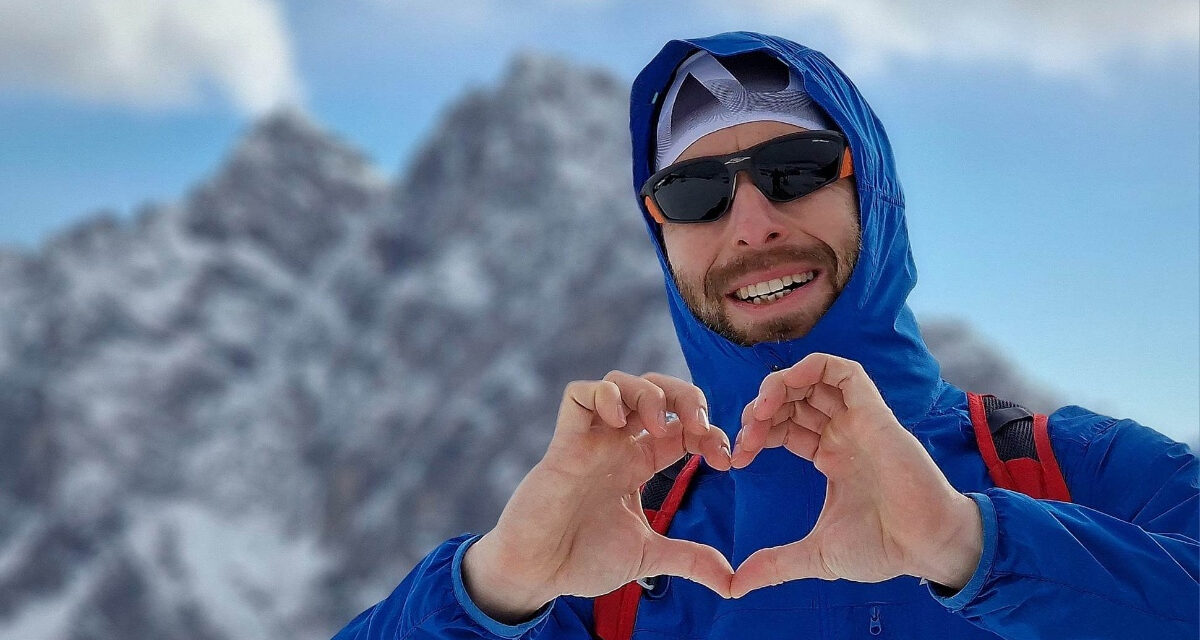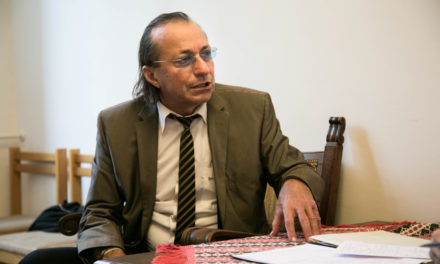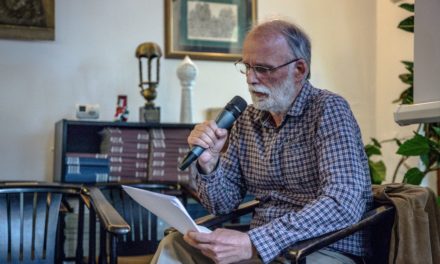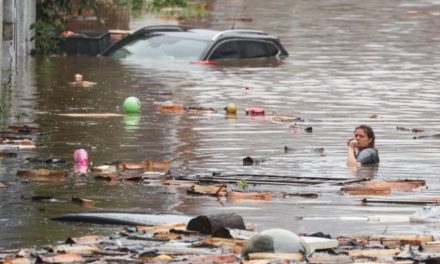Many people write about Suhajda's death that she would have preferred to stay at home. He had a wife, a small child, what the hell did he think of himself. However, there is a part of the soul that does not know human laws, does not reckon with them.
I really don't want to shed the thousandth skin on the death of Szilárd Suhajda. Enough skin has already been peeled off this whole thing. Too much, as always. Here, at Mandiner, we seem to have gone a bit too far.
For my part, I would have considered it the most fortunate thing if Suhajda Szilárd quietly traveled to the Himalayas, climbed Everest, and then wrote a post on her social media page from Kathmandu airport saying "Everest: tick." Maybe attach a photo or two. If I were Suhajda Szilárd, I think I would have done it this way. But I am not (was) Suhajda Szilárd, or maybe I am, a little, but more on that later.
The legendary British mountaineer George Mallory's answer to the question of why he wants to climb Everest has become a catchphrase. Because it's there, Mallory allegedly replied, and this answer includes almost everything, even though at first you can't see much of it. Mallory - like Suhajda - also died on Everest in June 1924. Many believe that he - and his partner Andrew Irvine - were the first to ascend. Mallory's character was immortalized perhaps most beautifully by Robert Graves, God bless you, England! in his excellent autobiographical book. In Graves' memories, Mallory is a witty, educated figure with a peculiar sense of humor who never knew fear. A typical representative of a type that has now disappeared.
The kind who set off on the Everest expedition with a book of poems in his pocket.
Maybe Shelley, but maybe Coleridge. He even smoked a pipe at an altitude of five thousand meters, as evidenced by the photo, but I can easily imagine that he puffed on it at six thousand meters as well. I myself have only smoked at 2,500 meters so far, but I didn't enjoy it there either. Mallory's body was found in 1999. The first proven summit conqueror, Edmund Hillary, also searched for his tracks on the summit in 1953, but found nothing.
Hillary wasn't an everyday figure either. When I was a teenager, I read his book No Victory Without Risk. I was impressed by. In this book, he writes about his youth in New Zealand, among other things. As a teenager, he climbed the Southern Alps and climbed Mount Cook.
His expeditions were peculiar. He cycled to the foot of the mountain - which was, say, fifty kilometers - climbed the mountain, came down, then cycled home.
I've always been attracted to these guys.
while alpinism itself never attracted me. Mountains really attract me, I even climb up to a certain height. Roughly up to the height where alpinism begins. This attraction is the point, I think, and somewhere here, for example, the opening of Szilárd Suhajda's apparent "madness" is to be found.
Many people write about his death that he would have preferred to stay at home. He had a wife, a small child, what the hell did he think of himself. What kind of father is that. Is dad even like that? Why didn't he retire when he had already started a family. He could have gone hiking in Börzsöny on weekends, or in the High Tatras, if he couldn't stand it so much without mountains.
I have read many such sentences. These are legitimate, understandable, logical sentences, not controversial. There is truth in them, as long as we think of truth not as one kind, but as many.
The truth of the above sentences is the truth of the person who fears the unknown.
Someone who at some point, even at the beginning of his life, closed the roads in front of him. The roads that lead to the dark, the unpredictable, the dangerous, the threatening. But also those that lead to the sublime, the poignant, the impressive. Humans are inherently preoccupied with all this, no one is born without being preoccupied.
Anyone who has kids knows what I'm talking about. Every child is open in every direction. Everything interests him, everything preoccupies him, and he shows this countless times, even unconsciously, in his drawings or stories, for example. There really is everything in this everything. God, the starry sky, father, mother, birth, death. Then, by adolescence at the latest, this open existence closes in part or in whole. Why, it is not worth going into here.
Most people are corrupted by the world in one way or another by their teenage years.
One way or another it gets hurt, one way or another it adapts to the circumstances. After all, you have to live, make a living from something, family, car, apartment, career, loans, etc. We know it until we get bored. This is what we call - wrongly - adult life. An adult is someone who accepts the conditions, adapts to the circumstances, divides and multiplies, and then does as he knows how. Don't get me wrong, there is no disdain at work when I talk about this. Not just because I partly (mostly) operate in a similar way. Although this could still make me look down, I would at best look down on myself. Rightfully so. This is how I work for the most part, which means that there is a small part left that does not work this way.
I often think that if it wasn't for this small part, maybe I wouldn't even be alive anymore. This small part is not easy to talk about. This is the terra incognita in the soul, which remained open in all directions, uncorrupted by the world. This small part is responsible for the fact that I started writing and making music at that time, that I was completely attracted to mountains, forests, and all the phenomena of the created world. This small part of the original whole remained in me, but it remained, and now it will not disappear, I think.
In this small part, however, there is a special atmosphere. A special atmosphere with special laws. Carl Gustav Jung calls this part of the soul "the world of God". Elsewhere he calls him "the old man."
This part of the soul does not know human laws, it does not count with them.
Different scales are used here. The great Hungarian writer Miklós Mészöly expresses this beautifully in his story Pannon töredék. He writes about the two protagonists: "It's as if they dared to remember much further back than what we can be responsible for as living beings. They had the courage to admit that we live one life, but we could always be at home in another, whether we know it or not, and that it is a feeling that knows no boundaries, languages, honest bonds, only rapture that life is alive."
That's how it is. The point here is that this feeling (or state) knows no boundaries, no languages, no decent ties. In short, it is something that is, in a sense, outside the human world. Irrational, terrifying, fascinating, sublime, dark, dangerous, poignant. These are adjectives that fit nicely, for example, on a high mountain range. But they fit just as well on a painting, a poem, a sculpture or a piece of music.
When I wrote above that I am a bit Suhajda Szilárd, I meant this.
To guess what was working in him, what was the influence of which he could not and did not want to get rid of. He was driven by something that he brought with him from the beginning, from the open, from the limitless. That something propelled him all the way up the Hillary ladder (or the top, who knows), and that something returned with his death to the open and boundless again.
You don't have to agree with it, you don't have to enthusiastically applaud it. We can safely think that this is not for us, we prefer to play in the sand with the child on the playground. Moreover, we can also think that Szilárd Suhajda should have done the same. We can safely think all this, it is also a kind of truth. Just in the meantime, let's not forget that there is something else here that we might not even dare to think about anymore. We don't even want to acknowledge its existence. Let's dig out our childhood drawings to see if we still have them somewhere. And we look at them for a long time.
Featured image source: Szilárd Suhajda's Facebook page












